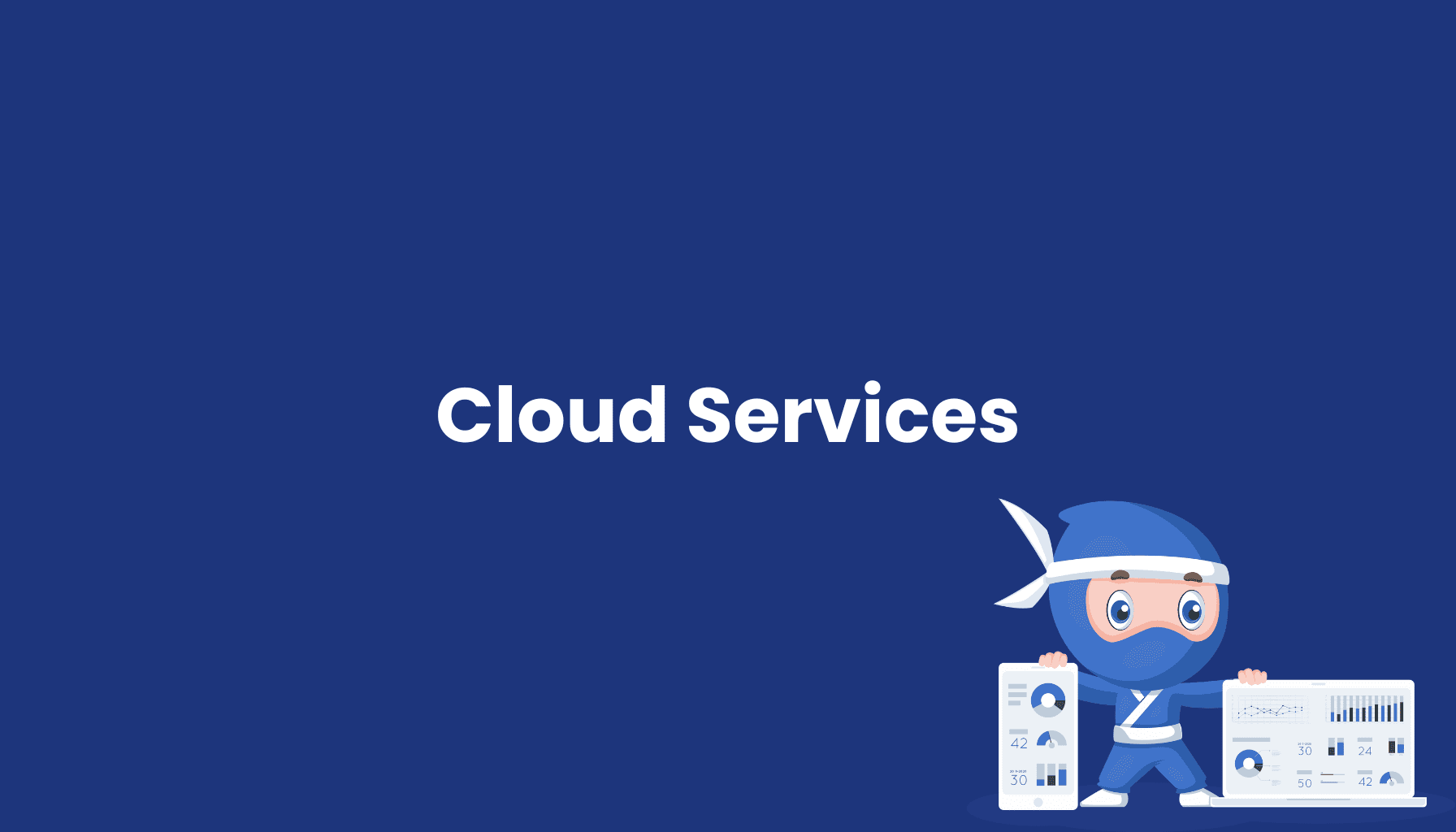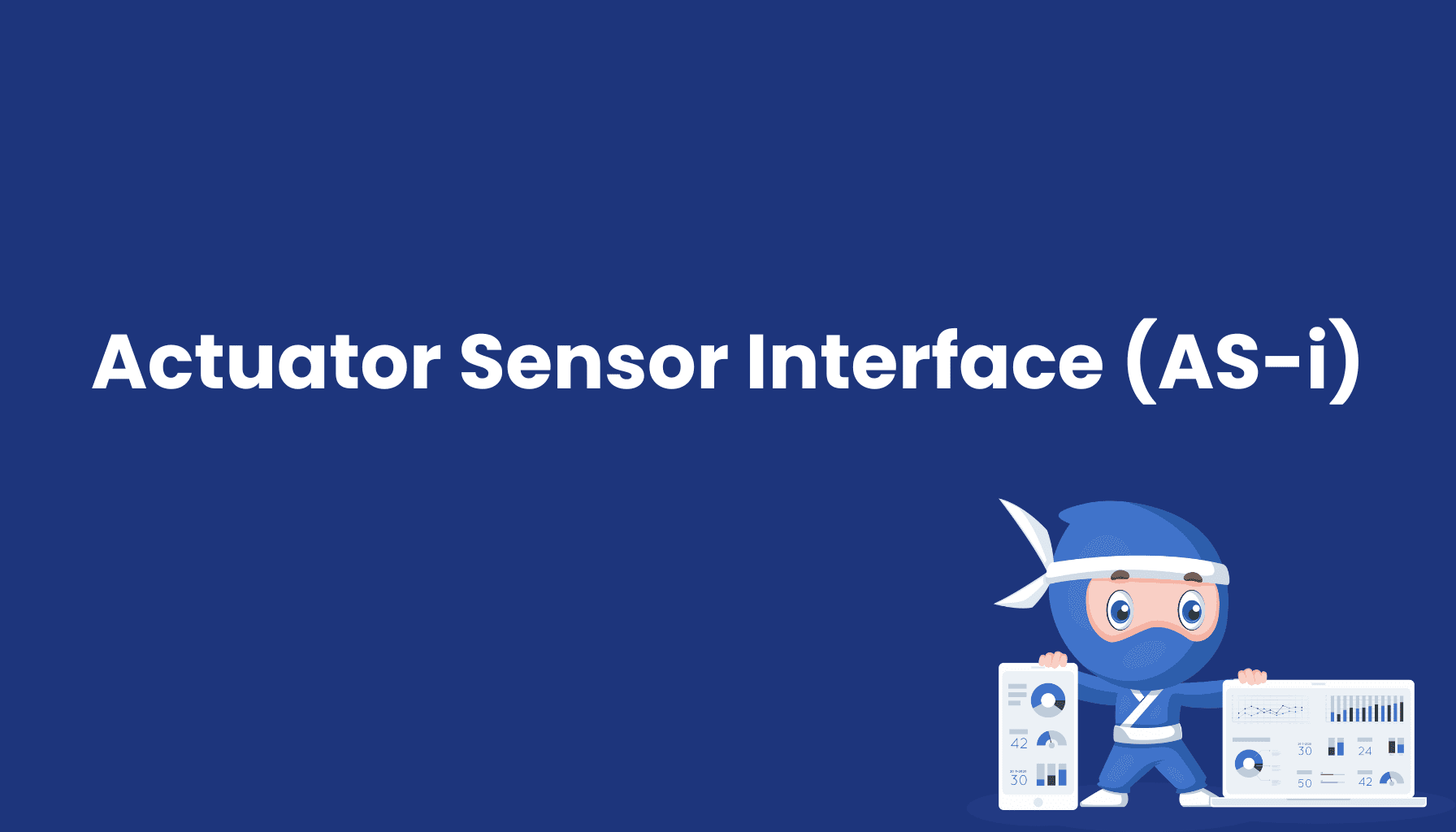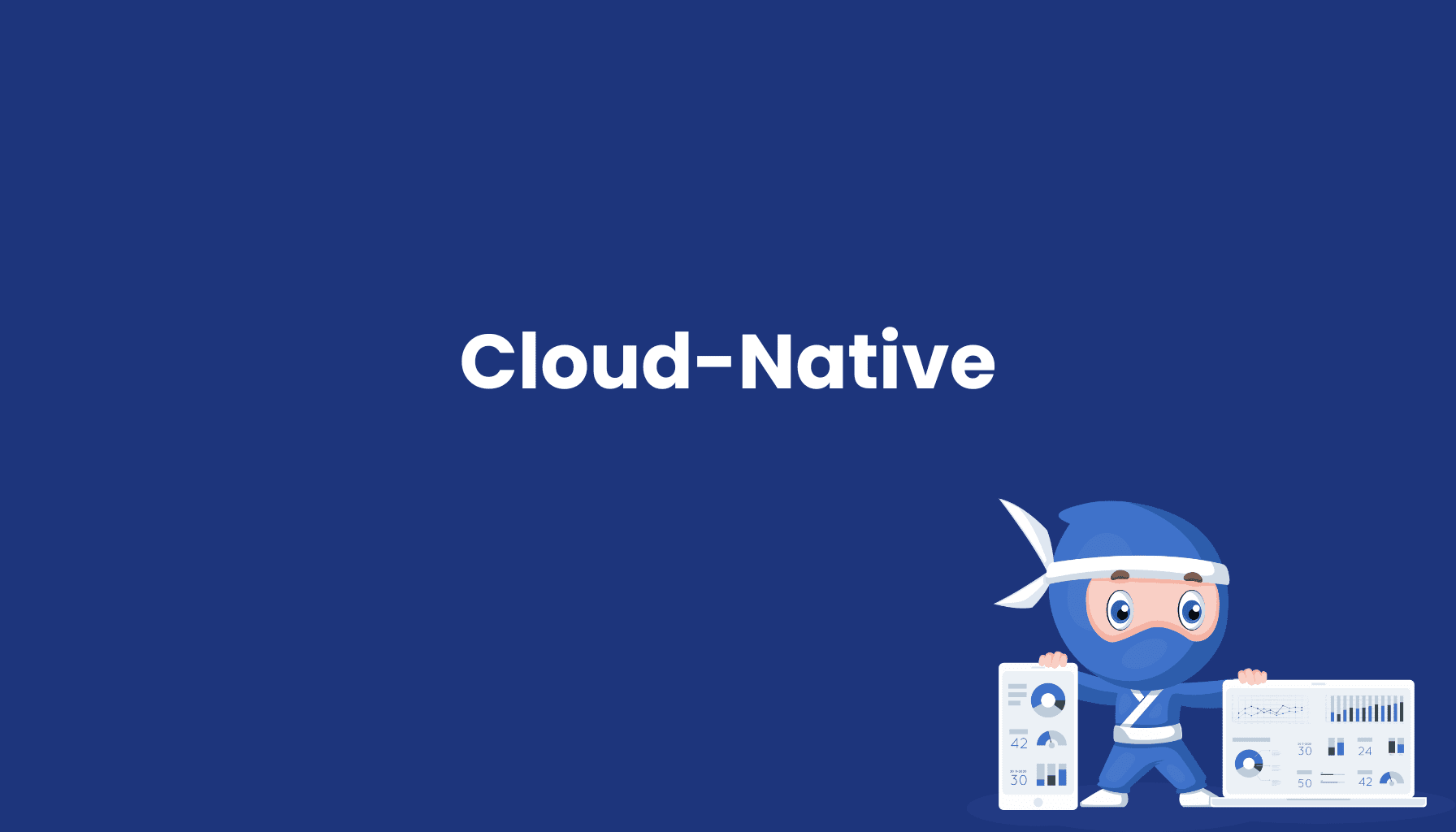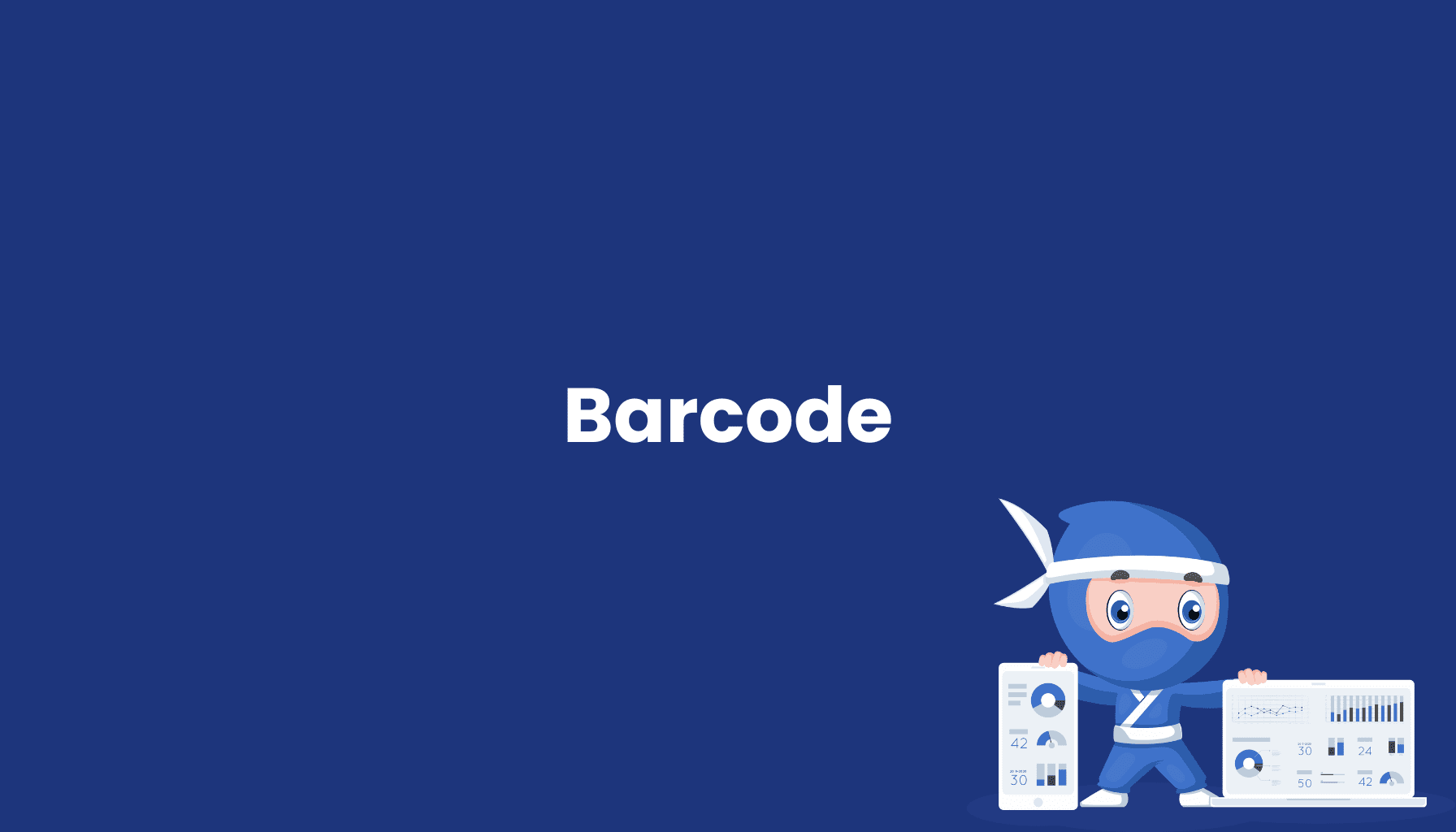Cloud Service

What Are Cloud Services?
Cloud services refer to the delivery of IT resources such as servers, storage, databases, networking, software, and analytics over the internet. These services allow businesses to access powerful computing resources without the need to invest in expensive hardware or manage it on-premises. Instead, companies rent the necessary resources from a cloud service provider and pay only for what they use, offering a flexible and cost-effective IT infrastructure.
Types of Cloud Services
-
Infrastructure as a Service (IaaS): IaaS provides fundamental IT infrastructure components such as servers, storage, and networks on an on-demand basis. Businesses can utilize these resources to host and operate their applications without owning physical hardware.
-
Platform as a Service (PaaS): PaaS offers a development platform where businesses can build, test, and deploy their applications. This platform includes operating systems, programming languages, databases, and web servers, all managed by the cloud provider.
-
Software as a Service (SaaS): SaaS delivers software applications over the internet. Businesses can use these applications without the need to install or maintain them locally. Examples include email services, CRM systems, and ERP software.
Benefits of Cloud Services
-
Scalability: Cloud services enable businesses to scale their IT resources up or down based on demand. Companies can quickly adjust their resource usage without investing in additional hardware.
-
Cost Efficiency: With the on-demand self-service model, businesses only pay for the resources they consume. This reduces the need for high upfront investments in IT infrastructure and lowers ongoing operational costs.
-
Flexibility and Mobility: Cloud services allow businesses to access their data and applications from anywhere at any time, supporting remote work and enhancing organizational flexibility.
-
Faster Implementation: Because cloud services are delivered over the internet, businesses can quickly deploy new applications and services, speeding up their IT modernization efforts.
-
Security and Compliance: Many cloud service providers offer robust security protocols and compliance certifications, helping businesses meet regulatory and industry standards.
Applications of Cloud Services
Cloud services are utilized across various industries, including:
-
Enterprise Applications: Businesses use cloud services to deliver ERP, CRM, and HRM systems that support their operations.
-
Data Analytics and AI: Cloud platforms allow companies to analyze large data sets and develop AI models without the need for powerful hardware.
-
Web Services and Hosting: Cloud services provide the infrastructure for hosting websites, apps, and online services with high availability and security.
Symestic MES: A Cloud-Native Manufacturing Execution System
Symestic’s Manufacturing Execution System (MES) is a cloud-native solution designed to optimize manufacturing processes within companies. As a cloud-based system, Symestic MES leverages the benefits of cloud computing to offer scalable, flexible, and easy-to-implement solutions.
With real-time data analytics and advanced monitoring capabilities, Symestic MES helps businesses improve production efficiency, enhance product quality, and maximize operational effectiveness. Its user-friendly interface and comprehensive IT solutions make it a future-proof choice for manufacturers looking to integrate seamlessly with existing IT infrastructure and drive digital transformation.





